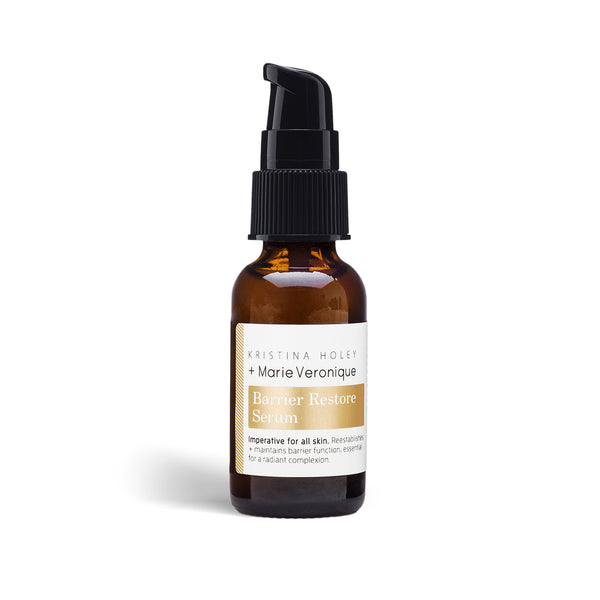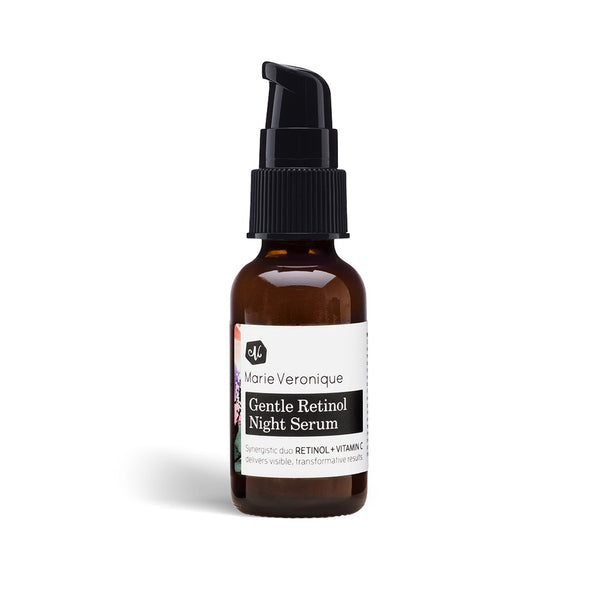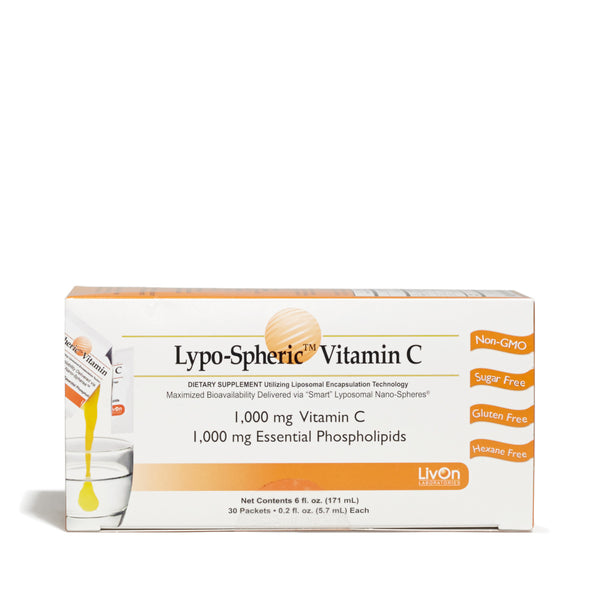Luckily one of our formulation heroes and dearest advisors, Marie Veronique Nadeau, and her frequent collaborator (and creator of our very own CAP Facial), Kristina Holey, have uncovered a vast amount of information on the topic. Let’s dive deep into what collagen is, what works and what doesn’t.
Firstly, collagen is a hard, insoluble protein that makes up one third of the protein in the human body. It is found in muscles, bones, skin, blood vessels, the digestive system and tendons. It is the “glue” that helps hold the body together. It acts as the support structure in our skin and anchors our cells together. It gives strength and elasticity to the skin while also replacing dead skin cells. Marie likes to equate collagen with a new mattress. “The smooth surface of very young skin, supported by coils and a fibrous underpinning, promises resilience and bounce. Skin is supported by an underlying matrix of collagen and elastin fibers, held in place by gel like polysaccharides such as hyaluronic acid. Just like the pillow top on our mattress, the epidermis layered over the support structure, in its youthful phase, presents a smooth and even surface to the world." But much like a mattress, Marie notes, as the skin ages its support structures weaken, and formerly smooth surfaces develop creases.
"Fortunately, our skin is renewable," Marie says.
According to Marie, everything hums along nicely… until you reach the age of 35 or so. (Earlier if you’ve been exposed to a lot of sun or pollution.) That's when the support system shows signs of weakening. "Your fibroblasts begin to tire and slack off, calling in sick more often and just generally not performing as well,” Marie observes. “To remedy collagen depletion, your best option is to boost collagen production at the fibroblast level; you can’t stockpile collagen against future shortages as it exists in finite amounts in the skin. You can, however, ensure that your production schedule is on track, with production of new collagen matching breakdown and removal of old.”
So what helps your skin produce more collagen if you are past that magical age of 35 and have started to see a lack of that smooth mattress face from one too many beach vacations, or the mere fact of living in New York City or Los Angeles for 20 years? Will it help our skin to ingest collagen powders or should we be using serums that contain collagen? Marie breaks it down in more depth on her blog but the short answer comes down to the body's ability to translate the collagen.
“The important thing to remember is that it’s all in the translation," Marie says. "Applying collagen to the skin’s surface or swallowing collagen supplements does not necessarily translate into more collagen in the dermis. In fact, so much happens to impede this progression that the likelihood of its getting that far, intact and in a usable form, is quite small.”
Ingestible collagen has the added problem of contamination and efficacy. Marie cautions, “if you take supplements, make sure to buy only those that have been tested for heavy metal contamination." She adds, “Peptides undergo changes as they pass through the gastrointestinal tract. Some doctors suggest that their lower pH may render them almost useless.”
Topical collagen also has the struggle of translation and penetration. Currently there is little evidence that it can penetrate into the deeper layers of the skin and affect the growth of new collagen. That said, Marie supports its inclusion in the Barrier Restore serum. “Barrier Restore Serum contains collagen peptides in the form of hydrolyzed collagen. The rationale was to supply certain amino acids key to creating a functional stratum corneum," she explains. "Our position on collagen peptides—as of this moment—is that even if they penetrate no further than the stratum corneum, they are useful. It’s possible that the few studies showing benefits may be recording changes at the SC level, rather than more deeply. In any case, claims that collagen peptides applied topically will increase collagen production in the dermis is a huge leap, and one that the jury is still out on.”
In short, there is very little scientific evidence that topical application of collagen peptides or ingesting collagen has any effect on the production of more collagen in your skin.
Furthermore, it's important to note that there is no plant source for collagen. Collagen powders and even the collagen in topicals is an industrialized product made from cow bones, cow skin or fish scales, important to note if you are vegan, vegetarian or even someone who prioritizes a natural diet. If you do choose to add these supplements, be vigilant about their sourcing.
What does work? Kristina and Marie suggest eating bone broth, soups made with bone broth, meat on the bone, fatty fish such as sardines, mackerel and salmon. Vegetarians, and actually all of us, should add plenty of fruits and vegetables rich in vitamins C and E such as dark green vegetables, citrus, strawberries, melon, tomato, potatoes, peppers, parsley, sunflower seeds, hazelnuts, and almonds.
In lieu of eating your daily bone broth and oranges, the topical answer to your collagen prayer is retinol, a scientific powerhouse that has years of science behind it.
As Marie explains, “Retinol converts to retinoic acid, then sends numerous messages to retinoic acid receptors on fibroblasts specifically designed to receive a variety of messages—make more skin cells, make more collagen, induce collagen breakdown, normalize skin cell development, regulate sebum, etc.”
Retinol has research on its side, Marie notes. “In contrast to signal peptides and collagen hydrolysates, retinoic acid and retinol have 40 years of studies supporting their efficacy. Retinoic acid is a genuine cell signaller. It works by attaching to retinoic acid receptors on fibroblasts, directing them to produce more collagen, among many other things.”
And lastly, apply your zinc based SPF daily.
Marie advises, “If you want to avoid severe collagen loss you need to wear sunscreen every day. Histological studies suggest a large loss of collagen in the dermis of chronically sun damaged skin.”
With little evidence behind ingesting collagen to increase the collagen in your skin or apply topical solutions, your best bet is to stick with mother nature and skin nourishing foods. We also recommend a collagen skin care recipe with a retinol serum at night, a Vitamin C serum morning and night, topped with the Barrier Restore Serum. Finally a zinc based sunscreen daily. And love the skin you are in!



